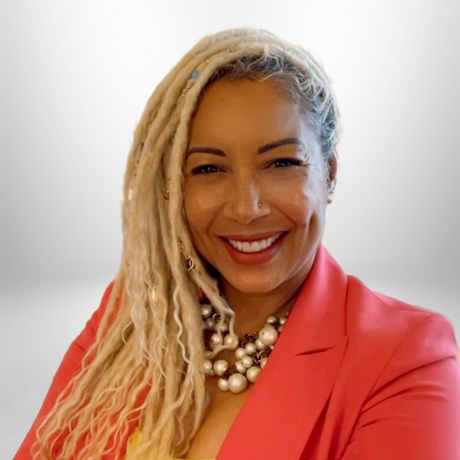
The finalists for WashingtonExec’s Pinnacle Awards were announced Oct. 11, and we’ll be highlighting some of them until the event takes place live, in-person Nov. 30.
Next is Diversity, Equity, & Inclusion Industry Executive of the Year (Public Company) finalist Kary James, who’s vice president of equity and inclusion for public sector at ICF. Here, she talks success in her current role, primary focus areas going forward, shaping the next generation of leaders and more.
What has made you successful in your current role?
As a social worker and child welfare professional, I’ve spent my career working to improve systems with historical practices that pose barriers to equitable outcomes. I’ve dealt with some of the most difficult cases: child abuse and neglect prevention, adoption, foster care and more. These cases disproportionately impact racial and ethnic minority communities, so I’ve seen firsthand how organizational biases can affect equitable delivery of services and resources.
This gives me a unique perspective in my current role, where I’m leveraging my collective understanding of how institutional and structural barriers create these biases. Grounded in ICF’s purpose and values, I’m building authentic relationships with colleagues and across ICF teams to ensure we view each client engagement through an equity lens and guiding them on how to work with clients to identify and mitigate them in the delivery of their services so that real, positive change can happen.
Today, we’re supporting numerous federal clients to address requirements outlined in the administration’s DEI executive order where new leaders are being tasked with responding rapidly to the new requirements, often struggling with how to start, stage and gain momentum in advancing racial equity across their organizations.
What are you most proud of having been a part of in your current organization?
I’m really proud of the work I and my team have done to improve child welfare practice standards to better meet the needs of the most vulnerable populations. This is truly impactful work that makes a real difference in these communities.
I’m also proud of my role in launching and expanding ICF’s internal Employee Community Networks and serving as chair of our Black ECN since its inception. It provides space for ICF colleagues from the U.S. and U.K. who identify as Black and their allies to build community and support efforts that increase recruitment and retention.
Most importantly, I’m proud to be an advocate for colleagues where I’m creating spaces for more diverse ICF staff to be engaged for their professional expertise and making room for new seats at the table. Demonstrating the power of diversity, inclusive practices and equitable opportunities for everyone is very fulfilling.
What are your primary focus areas going forward, and why are those so important to the future of the nation?
A key element of ICF’s corporate strategy is to expand our services and offerings to bring even more value to our government partners and increase the collective positive impact. I’m excited about my role in delivering this strategy through the design and execution of our equity, inclusion and justice agenda to provide a clear roadmap for our nearly 4,600 employees that lead work on behalf of our federal agency clients.
At a time when agencies are required to demonstrate how they’re advancing racial equity and directly addressing DEI within their operations and through delivery of citizen services.
We bring a unique combination of expertise: in multicultural communications; social justice, race equity and equity-inclusive technology; program implementation; surveys, research and analysis; and more. Combined with our domain experience, we’re creating outcome-oriented solutions that help our clients better address the needs of underserved communities.
I’ve developed and we’re testing an equity management framework which we’re using to assess our equity maturity across our business operations. I’m also leading an Equity & Inclusion Community of Practice, leveraging expertise across the business to develop effective strategies that address global equity and inclusion needs and practices.
How do you help shape the next generation of government leaders/industry leaders?
I firmly believe that sustainable social impact is grounded in an organizational culture of learning, innovation, respectful engagement and effective collaboration. And the advancement of an anti-racist advocacy framework in leadership development, organizational cultures, and strategy development and planning is key.
It’s important that future government leaders embody the full meaning of servant leadership. Through my work, I infuse Inclusion, Diversity, Equity, and Accountability in coaching executive and emerging leaders in cultivating executive presence, balancing assertiveness with diplomacy, impact, and influence to establish powerful networks of diverse stakeholders to lead organizational change.

